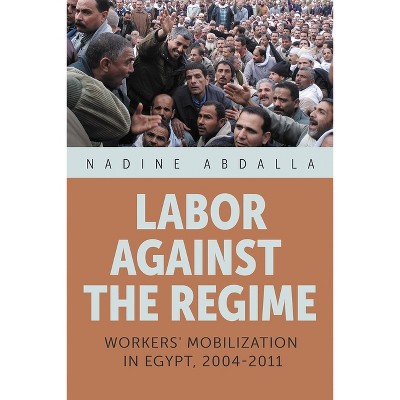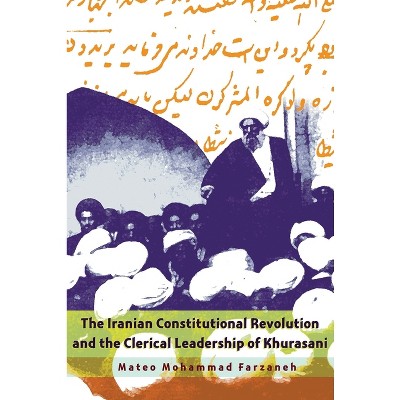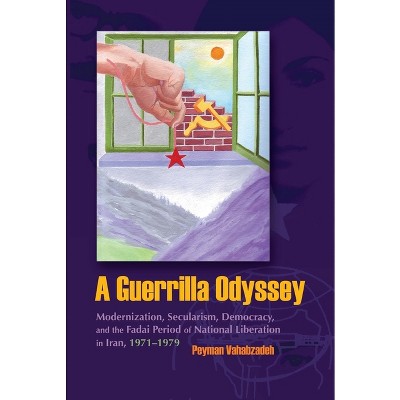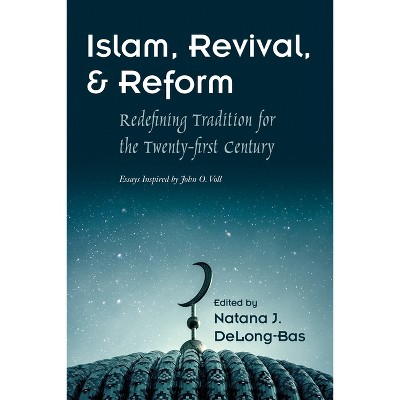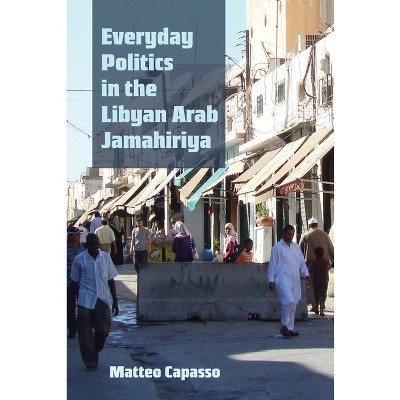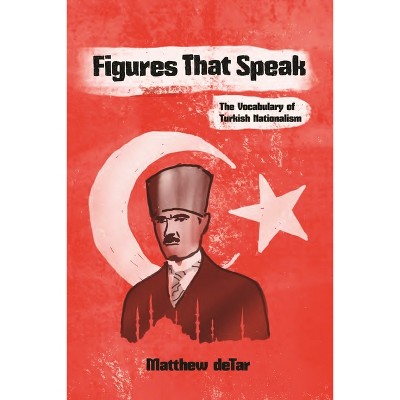Pious Citizens - (Modern Intellectual and Political History of the Middle East) by Monica M Ringer (Hardcover)

About this item
Highlights
- In Pious Citizens, Ringer tells the story of a major intellectual revolution in nineteenth- and early twentieth-century India and Iran, one that radically transformed the role of religion in society.
- About the Author: Monica M. Ringer is assistant professor of history and Asian languages and civilizations at Amherst College.
- 280 Pages
- Religion + Beliefs, General
- Series Name: Modern Intellectual and Political History of the Middle East
Description
About the Book
Pious Citizens explores Zoroastrian religious reform in India and Iran as a window onto the transformation of the nature and function of religion that occurred in the nineteenth and early twentieth-centuries.Book Synopsis
In Pious Citizens, Ringer tells the story of a major intellectual revolution in nineteenth- and early twentieth-century India and Iran, one that radically transformed the role of religion in society. At this time, key theological debates revolved around Zoroastrianism's capacity to generate "progress" and "civilization." Armed with both the destructive and creative capacities of historicism, reformers reevaluated their own religious tradition, molding Zoroastrian belief and practice according to contemporary ideas of rational religion and its potential to create pious citizens. Ringer demonstrates how rational and enlightened religion, characterized by social responsibility and the interiorization of piety, was understood as essential for the development of modern individuals, citizens, new public space, national identity, and secularism. She argues persuasively that reformers believed not only that social reform must be accompanied by religious reform but that it was in fact a product of religious reform.
Pious Citizens offers new insights into the theological premises behind the promotion of secularism, the privatization of religion, and the development of new national identities. Ringer's work also explores growing connections between the Iranian and Indian Zoroastrian communities and the revival of the ancient Persian past.Review Quotes
Ringer demonstrates how Western definitions of modernity establish a dichotomous structure for discourse relating to religious reform.-- "Journal of Interdisciplinary Studies"
This well-reasoned work of synthesis contributes significantly to the global history of religious reform.-- "The Historian"
About the Author
Monica M. Ringer is assistant professor of history and Asian languages and civilizations at Amherst College. She is the author of Education, Religion, and the Discourse of Cultural Reform in Qajar Iran.





